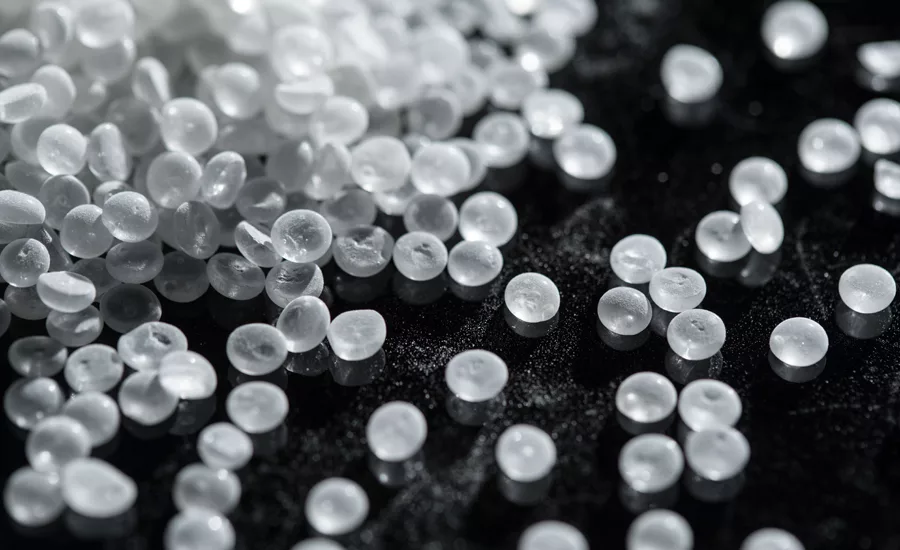Rain Carbon Starts Commissioning Process at Hydrogenated Hydrocarbon Resins Facility in Germany

STAMFORD, CT – Rain Carbon Inc., a leading global producer of carbon-based products, initiated the phased start-up of its hydrogenated hydrocarbon resins production facility in Castrop-Rauxel, Germany. Once operational in the fourth quarter of 2019, the plant will have a permitted resins production capacity of up to 50,000 tons per year and will serve as the cornerstone of Rain Carbon’s Advanced Materials product segment.
“Throughout the history of our company, innovation and ingenuity have enabled us to produce carbon-based raw materials that make countless products that people rely on every day possible,” said Rain Carbon President Gerry Sweeney during the commissioning ceremony. “Today, we are continuing a traditional that began here in 1898, when the former RÜTGERS plant was producing raw materials for preserving railroad ties and later when it supported the growing BAKELITE industry. Our €60 million investment in this facility will enable Rain Carbon to produce advanced raw materials required to meet changing regulatory requirements and growing consumer demand for cleaner, faster and lighter products.
“Building on the spirit of innovation that has been part of the DNA here for the past 120 years, one of the products that will be manufactured in Castrop-Rauxel is our new NOVARES® pure resins,”
Sweeney added. “These ‘water-white’ resins will match the purity of any competing products available, and they will provide customers with a cleaner alternative for such applications as food packaging and hygiene products. Innovation can also be seen in our proprietary technology for resins production and in the environmentally friendly hydrogen plant constructed by Messer Group.”
“These developments are important – and not just for Rain Carbon,” Sweeney continued. “They are significant for the entire region, creating 21st century jobs, including 30 new positions at Rain Carbon and another 45 contractor and regional jobs. In addition, this facility is bringing new products and technologies to the Ruhr Valley. Just as important is this plant’s potential to attract new customers to the region, since its strategic location in western Germany offers European customers a shorter and more cost-effective supply chain for water-white resins and other advanced materials previously imported from Asia.”
Looking for a reprint of this article?
From high-res PDFs to custom plaques, order your copy today!






